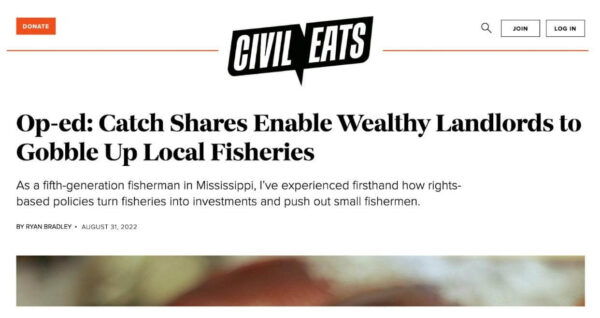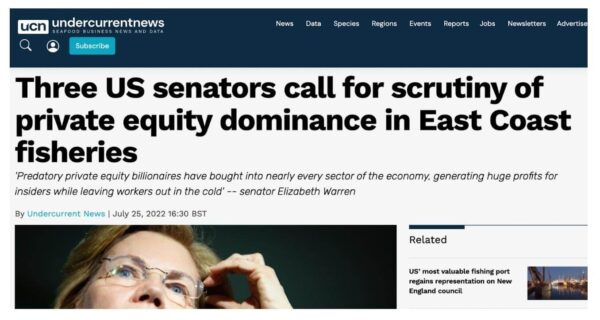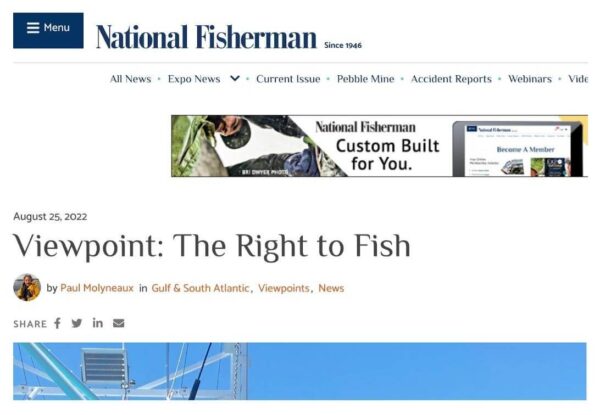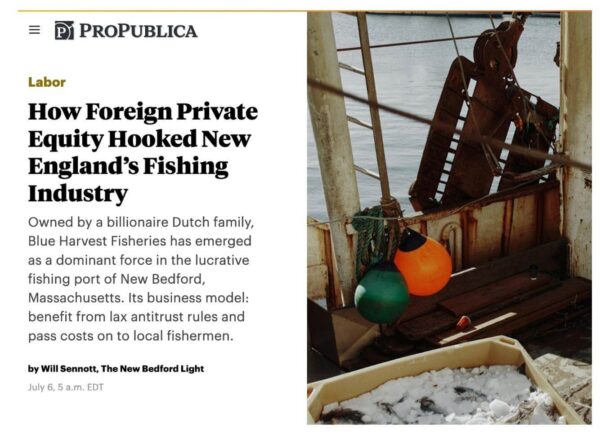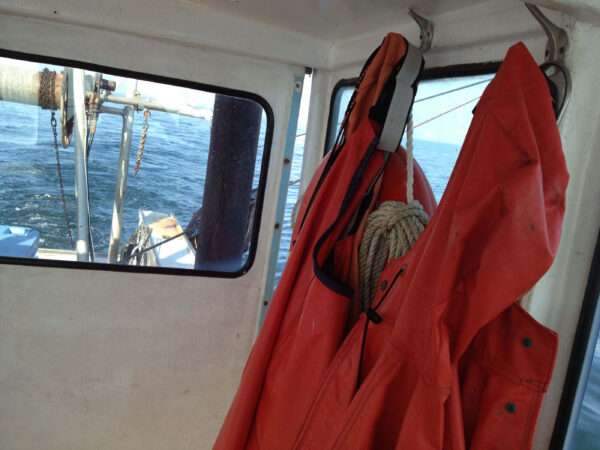Catch Share Reform Coalition
About the Coalition
We are a group of fishermen who have directly experienced the harms caused by catch share policy. Together with like-minded leaders from around the country we are addressing the inequities caused by catch share policy in order to sustain and enhance the US’s working waterfronts, fishing communities, marine ecosystems, and food security.
Share this Post
Our goals are to ensure that fishermen have affordable access into the fishery, that access rights (quota) are equitable, and that the public has greater transparency when it comes to who actually controls fisheries access rights.
We aim to accomplish our goals through direct advocacy to our decision makers, media strategies that shine a national spotlight on our issues, and harnessing a strong, fishermen-centered, nation-wide coalition of diverse stakeholders.
To join our efforts, please contact:
Ryan Bradley or Pedro Altagracia
Shaping a National Conversation
Catch Shares are a system of fishery management that divides the total allowable catch for a fish stock into transferable shares (quota) that are allocated to fishermen based on their catch history. Catch shares have been touted as a way to meet goals of improved safety, economic efficiency, and conservation of biomass. Far less attention has been given to the negative impacts of catch shares, including consolidation of harvesting privileges in the hands of corporations, excessive pressure on certain fish stocks, erosion of fishery access for coastal communities, and disenfranchisement of independent fishermen through abusive leasing arrangements and inflated quota prices. When a fishery is “rationalized,” the result is often fleet consolidation, concentration of harvesting power, and creation of perverse incentives that drive unfair quota leasing practices and profiteering.
NOAA Fisheries has been a strong proponent of catch shares as a more “efficient” way to manage federal fisheries, even going so far as to admit that fleet consolidation is an acceptable trade-off for the supposed conservation and efficiency benefits created by catch share programs. Unfortunately, the agency has not reckoned with the impacts of catch shares and continues to allow independent, small-boat fishermen to see their livelihoods shrinking as corporate seafood interests and foreign private equity firms consolidate control of harvest quota. Instead, individual fishermen have had to battle at the Regional Fishery Management Councils to preserve their livelihoods in the face of fishery rationalization, often facing intimidation and abuse along the way.
The Solution
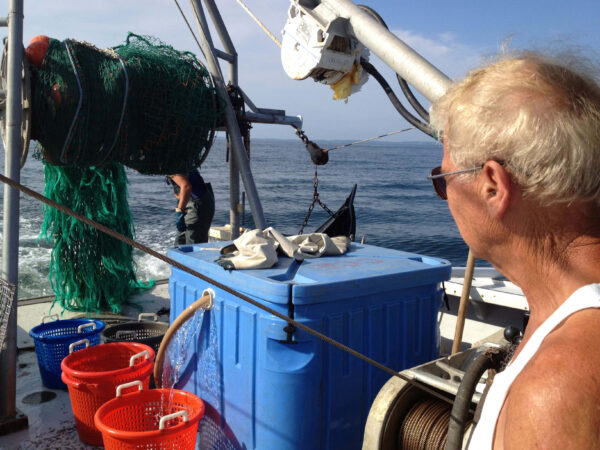
The Catch Share Reform Coalition is developing targeted proposals to remedy the inequities created by catch share management, including eligibility requirements for quota holders to prevent absentee ownership, restrictions on quota leasing, ownership caps, and improved transparency around who owns quota to ensure the American people know which entities and individuals are controlling the rights to harvest a public resource.
NAMA’s Involvment
NAMA serves the Catch Share Reform Steering Committee by providing “backbone support” capacity. NAMA’s role is to ensure that fishermen are centered in all decision-making moments and that the Coalition has the resources it needs to accomplish its goals.
Ways to Support Reform
- Join our coalition by contacting Brett Tolley [email: brett@namanet.org]
- Spread the word and invite others to get involved
- To stay up to date on the Coalition’s efforts, sign up for the NAMA Newsletter
- Read recent reporting on private equity in New England fisheries
- Write to your Senator or Representative to urge them to support policies that keep quota in the hands of fishermen, not hedge funds
- Buy seafood directly from independent fishermen and small plus medium-scale seafood producers
- Folks familiar with catch share policy can also take our survey to help inform our solutions
Dive Deeper into Catch Shares
- Visit our Catch Shares 101 page
- Read recent reporting on private equity in New England fisheries
- Listen to this podcast on the impacts of catch shares across the country

